1997-04-08 15:51
[ Summary of Shipper Obligations Under U.S. ... ]
Summary of Shipper Obligations Under U.S. Overweight Container Law
Important Notice to Shippers of Cargo to the United States;
The U.S. overweight container laws have recently been amended. The
new law will go into effect for shipments arriving in the United
States on or after April 9, 1997. The new law requires that weight
and content certifications be given by shippers tendering cargo that
will be moved to U. S. inland points by either carrier haulage or
merchant haulage. Because of item rights granted under the law,
failure of shippers(including those located outside the United
States) to provide the certifications required under this law could
result in shippers being liable for overweight container lines or
penalties imposed by U.S. authorities and if those lines are not paid
delivery of cargo in the United States could be delayed. The
requirements of the law for shippers are summarized below:
▶The requirements apply to any container or trailer with a gross
cargo weight(including pallets and packaging) of more than 29,000
pound(i.e. 13,154 kilograms).
▶Any shipper or other person who tenders a loaded container or
trailer for intermodal transportation must provide to the ocean
carrier a certiftcation stating the weight and a reasonable
description of the contents of the container or trailer. (If the
container is being tendered to an inland carrier for delivery to the
ocean carrier, the certification should have given to that inland
carrier to be forwarded to the ocean carrier). The certification must
be provided no later than when the container is tendered to the first
carrier. The required elements of the certification are as follow:
(1)Actual gross cargo weight(including packaging material, pallets,
and dunnage).
(2)A reasonable description of the contents of the container. After
December 31, 2000, the term FAK may only be used if no single
commodity makes up more than 20 percent of the total cargo weight.
(3)The identity of the certifying party.
(4)The container or trailer number.
(5)the date of the certification.
▶The certification may be part of another document, such as a bill
of lading. The certification may be transmitted electronically. There
is no requirement that the certification be labelled as an “
Intermodal Certification”(as was the case under the regulations
issued to implement the old law) unless the certification is made on
a document separate from an existing shipping document. Any written
document prepared by the shipper will suffice―it could be written
shipping instructions, a draft bill of lading prepared by the
shipper, or other document transmitted to the ocean carrier either in
written form or electronically. Telephonic certification is not
permitted, however.
Important Notice to Shippers of Cargo to the United States;
The U.S. overweight container laws have recently been amended. The
new law will go into effect for shipments arriving in the United
States on or after April 9, 1997. The new law requires that weight
and content certifications be given by shippers tendering cargo that
will be moved to U. S. inland points by either carrier haulage or
merchant haulage. Because of item rights granted under the law,
failure of shippers(including those located outside the United
States) to provide the certifications required under this law could
result in shippers being liable for overweight container lines or
penalties imposed by U.S. authorities and if those lines are not paid
delivery of cargo in the United States could be delayed. The
requirements of the law for shippers are summarized below:
▶The requirements apply to any container or trailer with a gross
cargo weight(including pallets and packaging) of more than 29,000
pound(i.e. 13,154 kilograms).
▶Any shipper or other person who tenders a loaded container or
trailer for intermodal transportation must provide to the ocean
carrier a certiftcation stating the weight and a reasonable
description of the contents of the container or trailer. (If the
container is being tendered to an inland carrier for delivery to the
ocean carrier, the certification should have given to that inland
carrier to be forwarded to the ocean carrier). The certification must
be provided no later than when the container is tendered to the first
carrier. The required elements of the certification are as follow:
(1)Actual gross cargo weight(including packaging material, pallets,
and dunnage).
(2)A reasonable description of the contents of the container. After
December 31, 2000, the term FAK may only be used if no single
commodity makes up more than 20 percent of the total cargo weight.
(3)The identity of the certifying party.
(4)The container or trailer number.
(5)the date of the certification.
▶The certification may be part of another document, such as a bill
of lading. The certification may be transmitted electronically. There
is no requirement that the certification be labelled as an “
Intermodal Certification”(as was the case under the regulations
issued to implement the old law) unless the certification is made on
a document separate from an existing shipping document. Any written
document prepared by the shipper will suffice―it could be written
shipping instructions, a draft bill of lading prepared by the
shipper, or other document transmitted to the ocean carrier either in
written form or electronically. Telephonic certification is not
permitted, however.
많이 본 기사
- 야권 안전운임제 재도입 추진…정부·수출기업 난색캐나다 항만 파업 심화…西밴쿠버·東몬트리올 봉쇄수요 강세에 컨운임지수 3주 연속 상승…동남아 두자릿수↑부산신항웅동개발, 현대글로비스에 웅동지구 2단계 물류부지 공급KSS해운, 3분기 영업익 280억…31%↑국내 건설사, 베트남 하이퐁에 복합물류센터 건설대선조선, 그리스 선사에 1000TEU급 컨테이너선 1척 인도스마트 보세운송 신고·관리서비스로 항만물류 활성화 힘 보탠다中 상하이항, 올해 9개월 컨처리량 3910만TEU ‘역대최대’“입거수리 영향” 대한해운, 3분기 영업익 9% 감소한 678억원
- BDI 1692포인트…중대형선 시장서 물동량 강세 이어가프랑스 CMA CGM, 3분기 순이익 3.8조…전년比 7배↑정기선 HD현대 부회장, 1년만에 수석부회장 승진광양 율촌산단에 친환경 선박 전문화 공장 세운다BPA-해수부, ‘해외물류센터’로 중소·중견기업 수출 돕는다IPA, 컨터미널 운영사와 내년 운영 방향 청사진 공유YGPA 박성현 사장, ‘아동학대 예방’ 릴레이 참여UPA·화주물류협의회·탱크터미널협의회, 물동량 증대 방안 모색CJ대한통운, 美 조지아 콜드체인 물류센터 개소…시장 공략 가속화DHL코리아, 기아와 맞춤 친환경차 개발 ‘맞손’





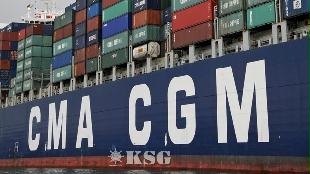
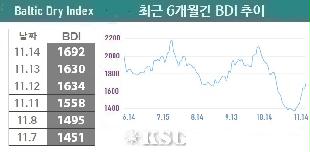
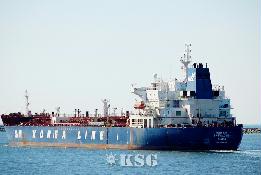
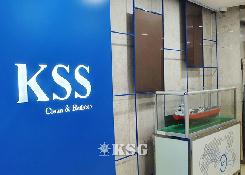
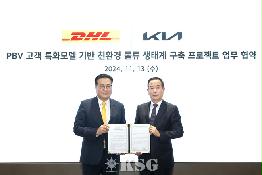
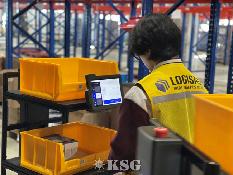

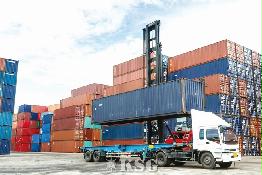

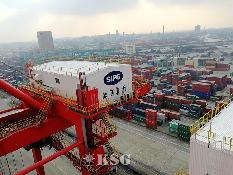


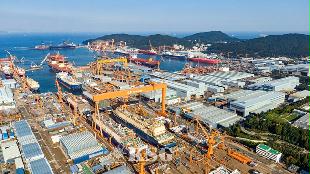


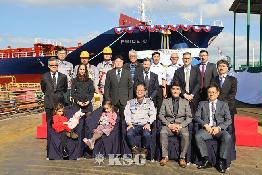


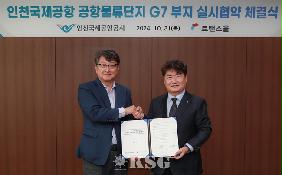






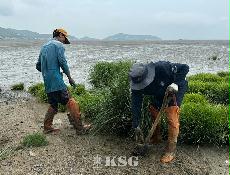
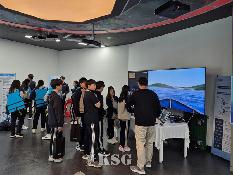


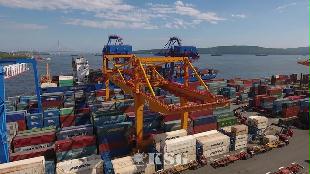
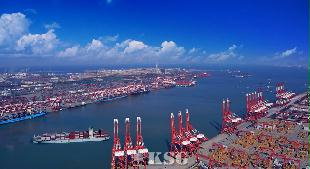
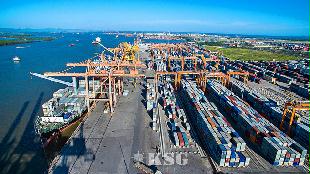
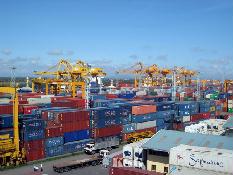






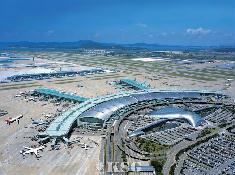
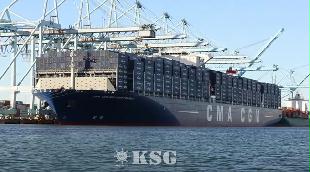


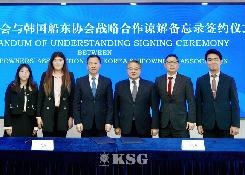









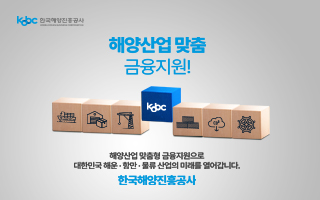












0/250
확인